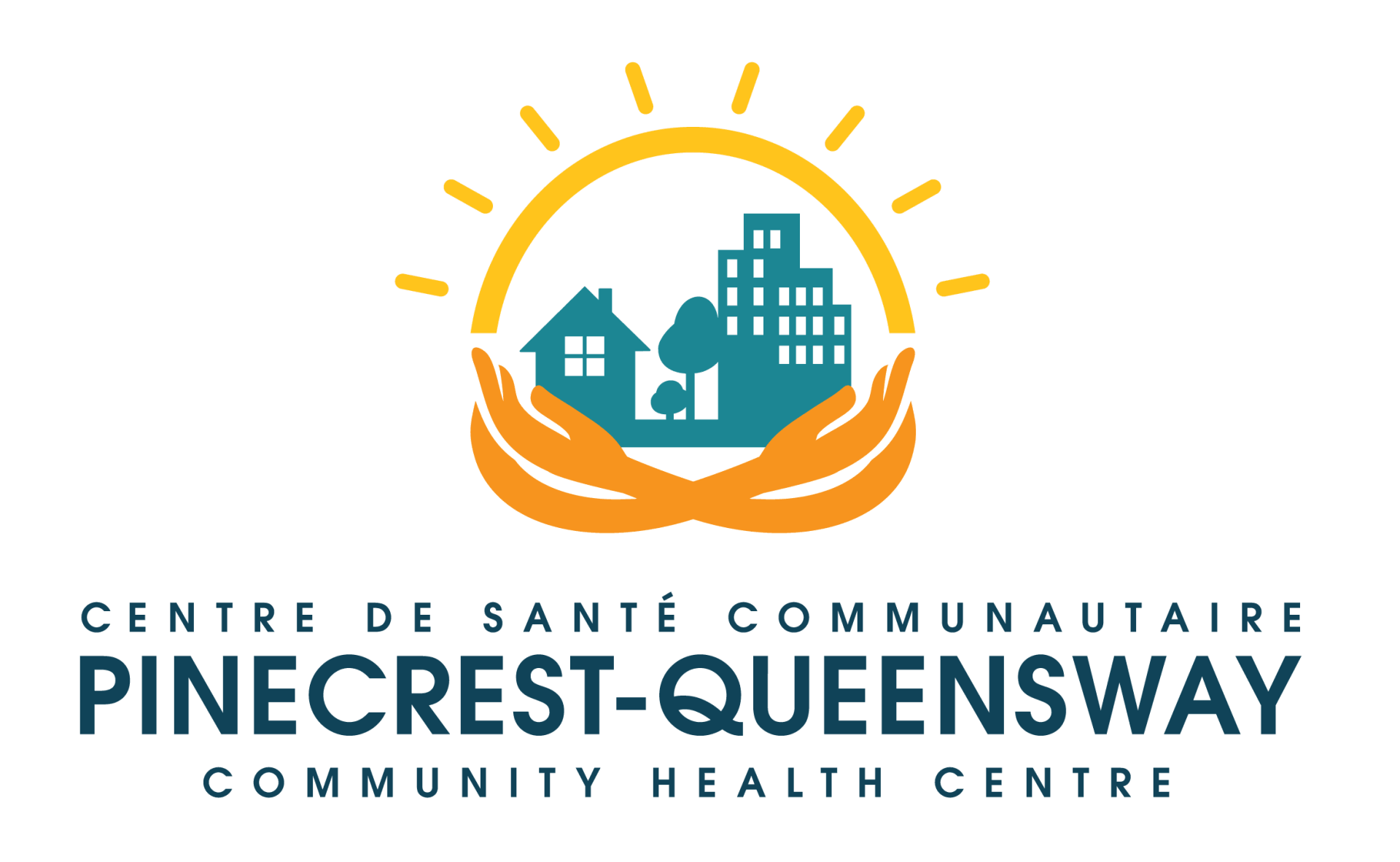Unplug to Talk & Read

Early language and literacy skills predict academic success
Social pediatrics evidence show that pediatricians, physicians, nurse practitioners, and nurses play a crucial role in the promotion of early language and literacy readiness, particularly during the Enhanced Well-Baby 18 Month visit.
WORDS & BOOKS BUILD BETTER BRAINS
What we say to parents matters!
Tell parents that talking and reading to young children improve language scores and literacy readiness. Children who have better language and literacy skills do better at school and later in life.
Children with higher receptive and expressive language scores and better literacy readiness do better in school, particularly in an areas related to reading comprehension.
Research initiatives such as the REACH OUT & READ project demonstrated their effectiveness with high-risk urban families when they are encouraged by their primary care professionals to talk and read to their child, they do so more frequently. This has subsequently shown a direct correlation with improvements in their child’s language and literacy readiness skills (Mendelsohn et al, PEDIATRICS, 2001). These effects have been found in ethnically and economically diverse families nationwide and internationally.
- Children in families with low socioeconomic status in and children with language delays are both at greater risk for literacy delays. (Hart & Risley, 2001)
- The role of the parent in early literacy is well documented. Parents who support the emergent literacy skills of their children enhance school readiness and bolster later academic achievement. (Valdez-Menacha, 1992, Whitehurst, 1992, Flaco, Lonigan et al 1988, Justice, 2003, Senechal, 2005).
- Children who have received books early in life and/or whose parents begin reading to them consistently at an early age are more likely to succeed in school (McCormick and Mason, 1986; Valdez-Menacha & Whitehurst, 1992).
Unplug to Talk & Read: Messages and Material
Did you know you can request free materials and training?
Pediatricians, family physicians, nurses practitioners, nurses and other primary care professional can request to:
- Participate in a First Words Lunch & Learn training session on Why Your Mother Was Right about Screen Time? Turn it off. Talk to me. Talk more. Promoting the health and development of young children in a digital world
- Receive free material and posters to use in their offices
- Receive free resources to share with parents
To arrange a session, contact Roxane Bélanger, Outreach Speech Language Pathologist at the First Words program, at 613-688-3979 ext. 3457 or by email at r.belanger@pqchc.com.





